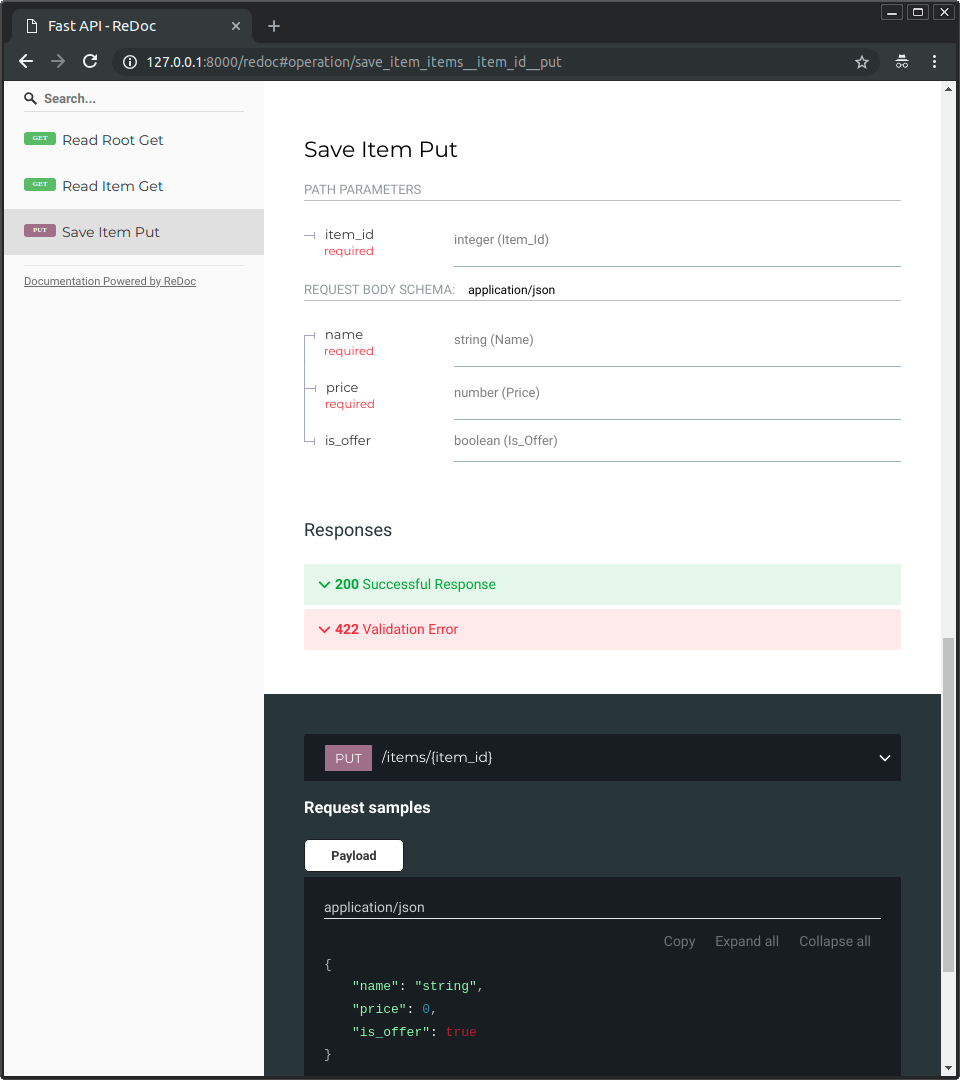- Sort Score
- Result 10 results
- Languages All
Results 1 - 4 of 4 for New (0.12 sec)
-
cni/README.md
- In ambient mode, the CNI plugin does not configure any networking, but is only responsible for synchronously pushing new pod events back up to an ambient watch server which runs as part of the Istio CNI node agent. The ambient server will find the pod netns and configure networking inside that pod via iptables. The ambient server will additionally watch enabled namespaces,...
Plain Text - Registered: Wed May 08 22:53:08 GMT 2024 - Last Modified: Fri May 03 19:29:42 GMT 2024 - 12.3K bytes - Viewed (0) -
doc/README.md
# Release Notes The `initial` and `next` subdirectories of this directory are for release notes. ## For developers Release notes should be added to `next` by editing existing files or creating new files. **Do not add RELNOTE=yes comments in CLs.** Instead, add a file to the CL (or ask the author to do so). At the end of the development cycle, the files will be merged by being concatenated in sorted order by pathname. Files in the directory matching the
Plain Text - Registered: Tue May 07 11:14:38 GMT 2024 - Last Modified: Fri Apr 26 21:24:36 GMT 2024 - 1.9K bytes - Viewed (0) -
README.md
[](https://bestpractices.coreinfrastructure.org/projects/7197) Guava is a set of core Java libraries from Google that includes new collection types (such as multimap and multiset), immutable collections, a graph library, and utilities for concurrency, I/O, hashing, primitives, strings, and more! It
Plain Text - Registered: Fri May 03 12:43:13 GMT 2024 - Last Modified: Wed May 01 18:44:57 GMT 2024 - 5.9K bytes - Viewed (0) -
README.md
* The alternative documentation will also reflect the new query parameter and body:  ### Recap In summary, you declare **once** the types of parameters, body, etc. as function parameters. You do that with standard modern Python types. You don't have to learn a new syntax, the methods or classes of a specific library, etc.
Plain Text - Registered: Sun May 05 07:19:11 GMT 2024 - Last Modified: Thu May 02 22:37:31 GMT 2024 - 22.6K bytes - Viewed (0)